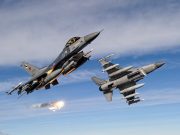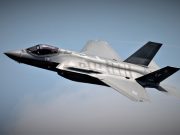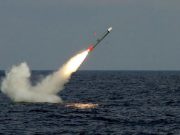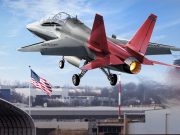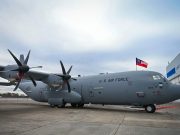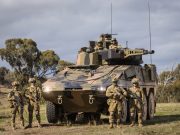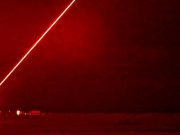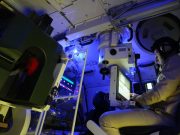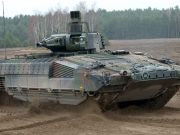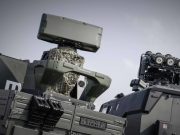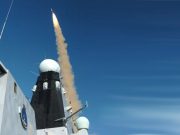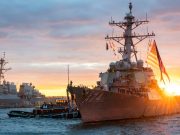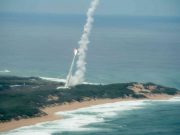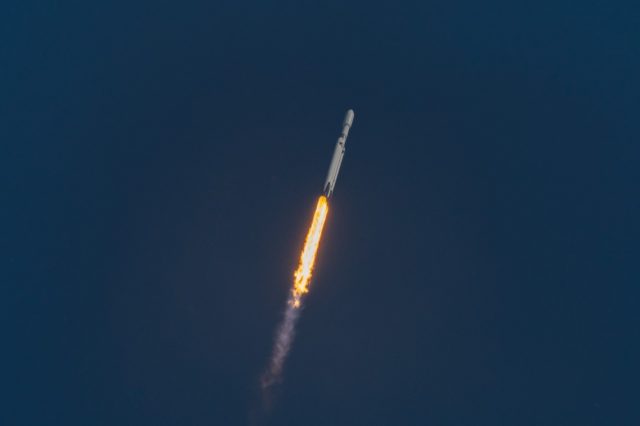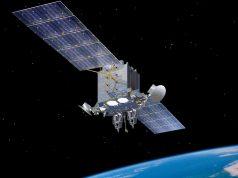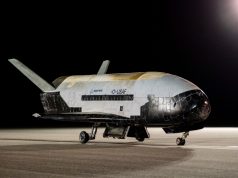The US Space Force carried out the first National Security Space Launch mission on a SpaceX Falcon Heavy rocket that launched from Space Launch Complex 39A at Kennedy Space Center, Florida on November 1.
“Every national security launch brings important capabilities to the nation, and investments in space capabilities increase the effectiveness of operations in every other domain – the US military is better connected, more informed, faster, and precise because of Space,” said US Space Force Maj. Gen. Select Stephen Purdy, Space Launch Delta 45 Commander and Assured Access to Space Program Executive Officer.
The payloads onboard included two space vehicles, the Long Duration Propulsive EELV Secondary Payload Adaptor (LDPE ESPA-2) and the Shepard Demonstration Mission.
The LDPE ESPA-2 spacecraft will deliver six small payloads to orbit that will advance communications and space weather sensing. LDPE ESPA-2 is envisioned as a ‘freight train to space’ for experiments and prototypes in geosynchronous high Earth orbit and will boost satellites to their final destination.
LDPE-2 was built using a Northrop Grumman ESPAStar bus, which serves as a rideshare service for a variety of payloads. ESPAStar employs a standard ESPA ring and provides added propulsion, power and avionic subsystems enabling operation as a fully functioning satellite. The SpaceX Falcon delivered LDPE-2 to near-geosynchronous Earth orbit for a one-year mission life.
Because it is more cost effective, more companies with smaller satellites can make use of this ‘train’, increasing the speed and frequency of delivering similar payloads to orbit.
Like the LDPE-2, the Shepard Demonstration is designed to test new technologies to enhance safe and responsible rendezvous and proximity operations, providing an affordable path to space for hosted and separable payloads.
The USSF-44 mission provides a range of capabilities such as enabling safe navigation, secure communications, detection and identification of a wide range of threats, and other critical functions.
“We are always looking ahead, planning for the future needs of our space system partners and investing in talent and technologies we will need to ensure we provide assured access to space with confidence,” said Purdy.
This is the second of three missions for the LDPE program. The first mission launched aboard STP-3 in December 2021 and LDPE-3A is scheduled to launch with USSF-67 in December of 2022.
“I am so thankful and proud of members from SSC, SLD 45, the AATS team, the Launch Program Office, our mission partners at SpaceX, and all others involved in making this mission a success,” said Purdy. “Everyone’s dedication paid off with our 95th consecutive successful NSSL mission and we all should be proud of this combined team and their drive and focus on mission success.”


